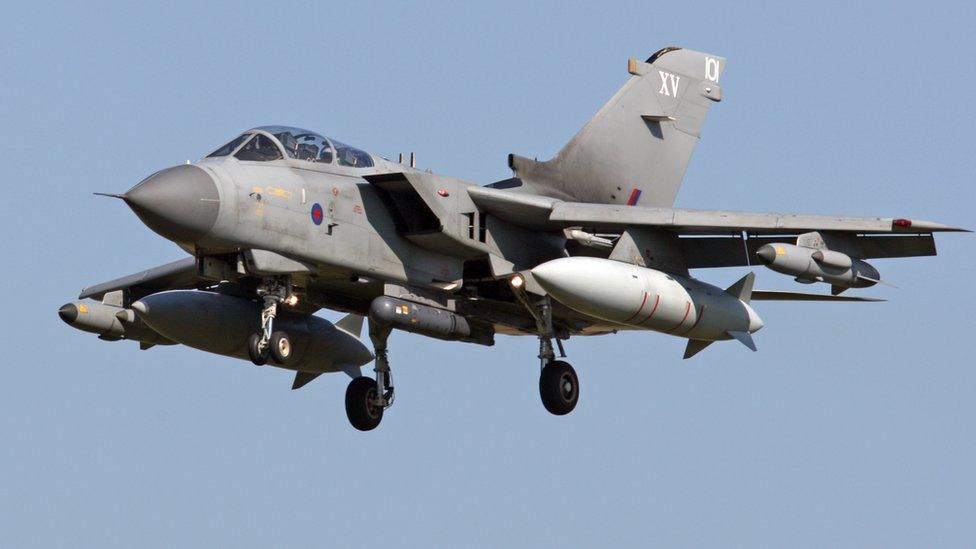Syria air strikes vote on Wednesday, says David Cameron
- Published
David Cameron: "Isil is a threat to our country and this is the right thing to do"
The PM is to ask his cabinet to endorse a one-day Commons debate and vote on Wednesday over UK air strikes against so-called Islamic State in Syria.
David Cameron said there was "growing" parliamentary support for air strikes, saying it was "the right thing to do" and in the national interest.
Labour leader Jeremy Corbyn is granting his MPs a free vote on the matter.
He has criticised the decision not to hold a two-day debate, saying Mr Cameron should "stop the rush to war".
Mr Cameron said he would recommend that a debate and vote is held to extend air strikes against Isil in Iraq to Syria in order to "answer the call from our allies and work with them, because Isil is a threat to our country and this is the right thing to do".
Prior to Mr Cameron's statement, Mr Corbyn called for two days' of debate ahead of any vote, saying a single day "would inevitably lead to important contributions being curtailed".
But Mr Cameron - who was speaking in Downing Street shortly after returning from the Paris climate summit - said there would a "very long and full" debate.
"We will take the action necessary to make sure we have, in many ways, the equivalent number of questions we would often have across a two-day debate in one day," he said.
"I want MPs to be able to have full consideration, to make speeches, to make points, to ask me questions, to examine the government's case," he added.

Analysis
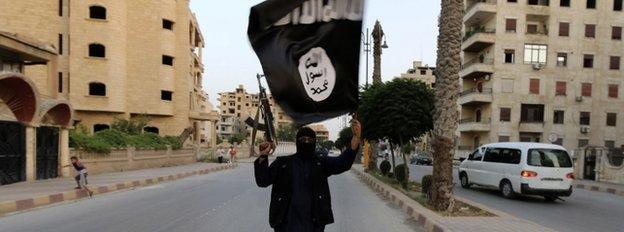
By BBC political editor Laura Kuenssberg
David Cameron was always adamant that he would only take the question to the House of Commons if he could be absolutely sure of getting a majority.
A fair number of MPs are yet to decide, so numbers could fluctuate in the coming days. But a totting up of the likely sums suggests that ministers are secure of getting what they want.
Informed guesses in Westminster suggest around 380 MPs might be ready to vote for action, with only around 260 or so opposing - a comfortable majority by any stretch.
But the PM has bigger, long-term questions to ask about the bombing campaign if he gets his way.
Will it make any difference? Are there really troops on the ground we can trust? What's the exit strategy? Intervention in Libya gave him short term success, but a long-term headache.

Its understood there will be no Prime Minister's Questions on Wednesday, to allow for a full day's debate on Syria.
The debate will begin at 11:30 and continue until 22:00 GMT.
The motion for debate is to be published later on Tuesday.
It is described as "an inclusive" motion which will also stress the humanitarian and diplomatic approach, as well as highlighting the UN support for action.
The prime minister has previously said he would not call a debate and vote on the issue unless he was confident he could win it.
Asked if he felt he now had the numbers in the Commons, he said he believed there was "growing support across Parliament" for the "compelling case" to act against Isil in Syria and in Iraq.
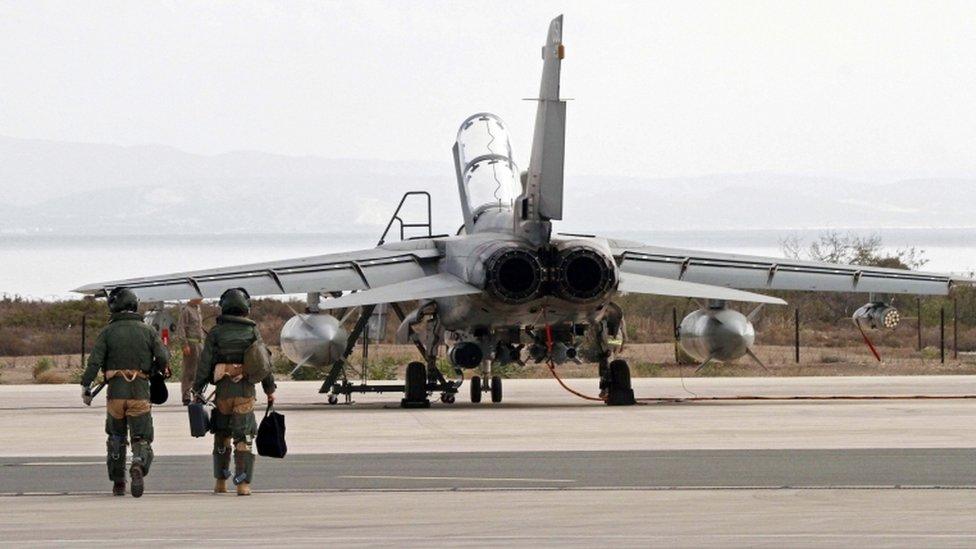
The UK is already involved in bombing IS targets in Iraq
Mr Cameron said the Islamic State group - also referred to as IS, Isil or Daesh - was a threat to the UK's security.
"The headquarters in many ways of the terrorists actually is in Syria - and it makes no sense to recognise this border in the action we take when Isil themselves don't recognise this border.
"So it's in the national interests, it's the right thing to do. We'll be acting with our allies, we'll be careful and responsible as we do so. But in my view it's right to do this to help keep our country safe."
Case 'is falling apart'
Mr Cameron said RAF strikes against IS targets in Iraq - action authorised by MPs in September 2014 - had been "successful".
"It's shrunk Isil territory by 30%, it's damaged their infrastructure, it's set them back - it's right to extend that action to Syria," he said.
And he said military action would be part of "a broader strategy" that included political, diplomatic and humanitarian efforts.
He acknowledged that the strategy would "take time".
But he said it was right to go after "the terrorists who threaten people in our country just as they attacked and killed those people on the streets of Paris, on the streets of Ankara, on the streets of Beirut, and indeed British people on the beaches of Tunisia".
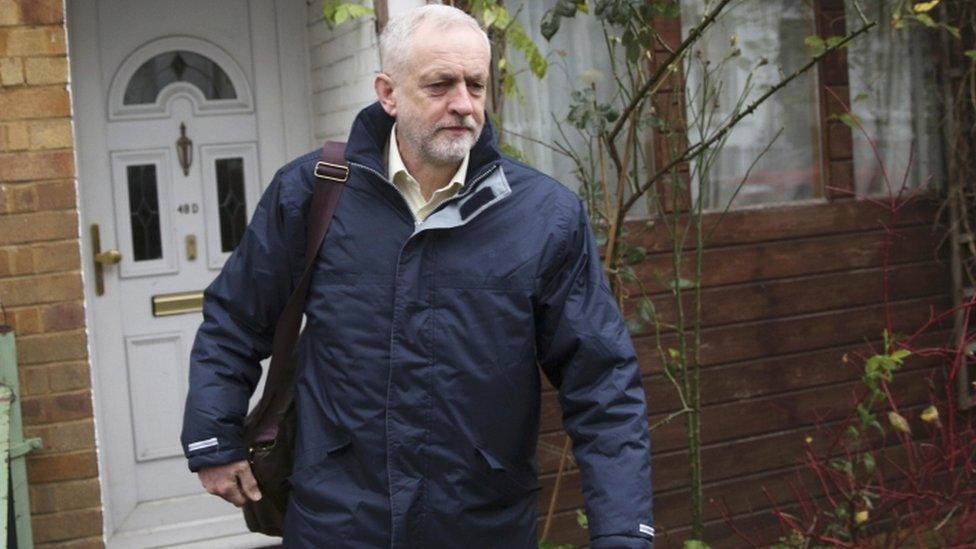
Mr Corbyn is opposed to air strikes in Syria, but has allowed his MPs a free vote on the issue
A spokesman for Mr Corbyn said: "By refusing a full two-day debate, David Cameron is demonstrating he knows the debate is running away from him, and that the case he made last week is falling apart.
"The prime minister should stop the rush to war to allow for a full discussion of the issues in parliament.
"Matters of national security are far too important to be bulldozed through the House of Commons for political convenience."
Labour's free vote
To win the vote, Mr Cameron will need enough Labour MPs to back military intervention to make up for Conservative MPs who oppose the action.
The UK Parliament's third largest party - the SNP - opposes bombing IS in Syria.
The announcement that Labour MPs would be given a free vote came after a meeting of Labour's shadow cabinet on Monday afternoon.
Mr Corbyn is opposed to military intervention in Syria, but some in his shadow cabinet and the parliamentary Labour Party support the government's case.
BBC chief political correspondent Vicki Young said Mr Corbyn had wanted Labour to officially oppose air strikes, but was forced to back down by his shadow cabinet team.
A spokesman for Mr Corbyn said the shadow cabinet had "accepted his recommendation" of a free vote.
- Published26 November 2015
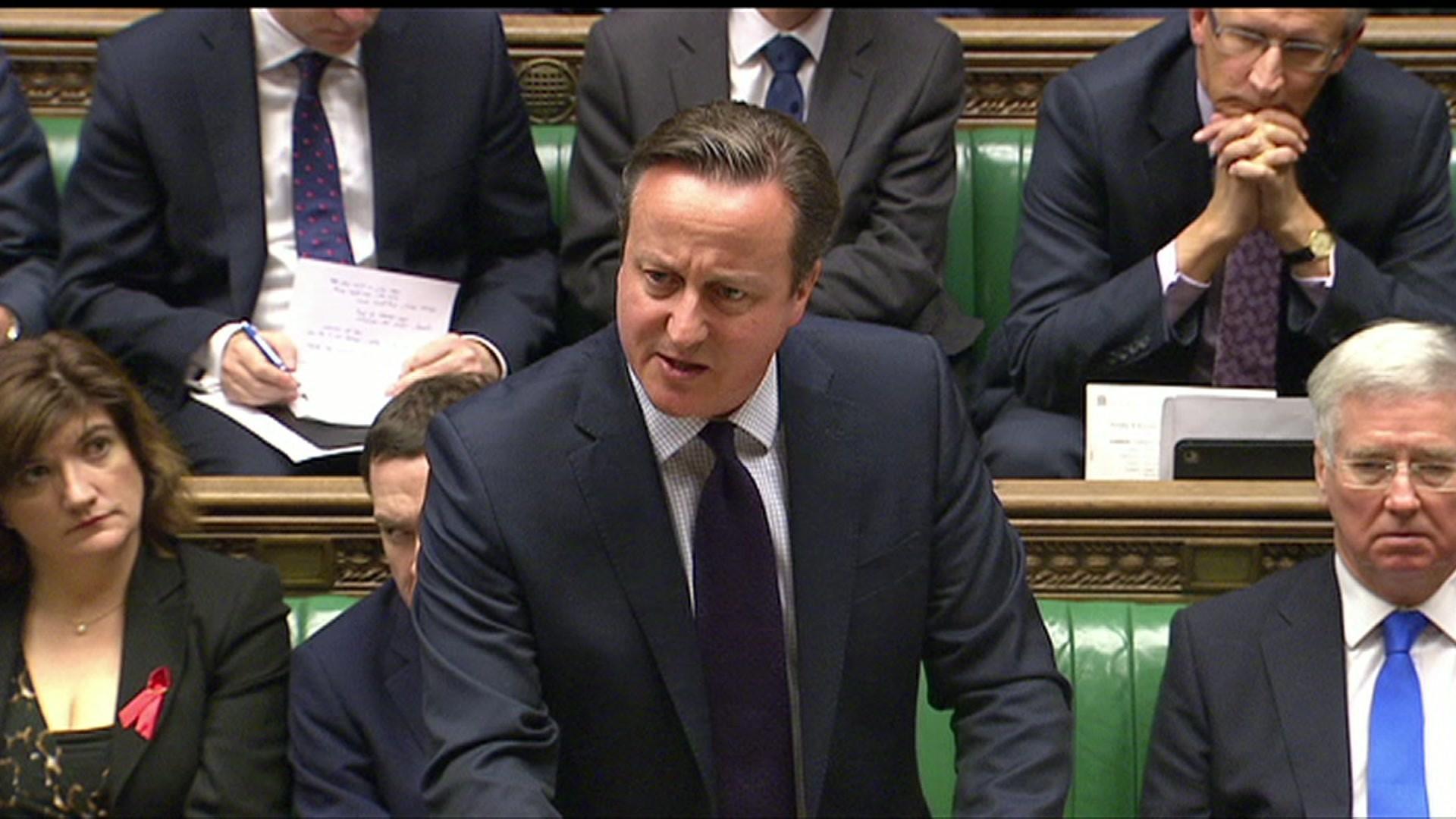
- Published30 November 2015
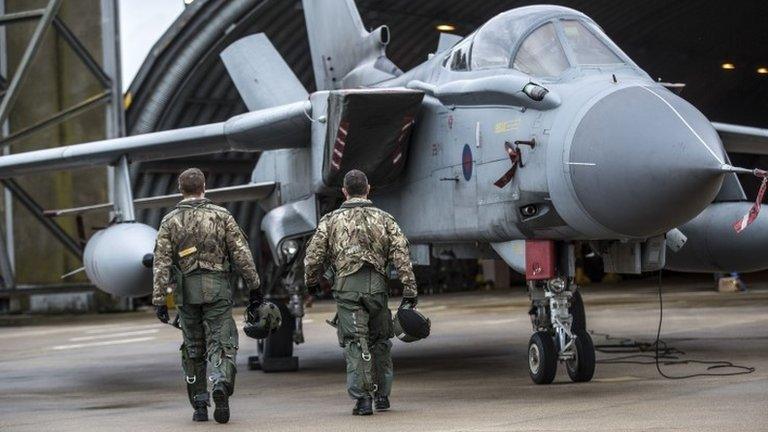
- Published30 November 2015
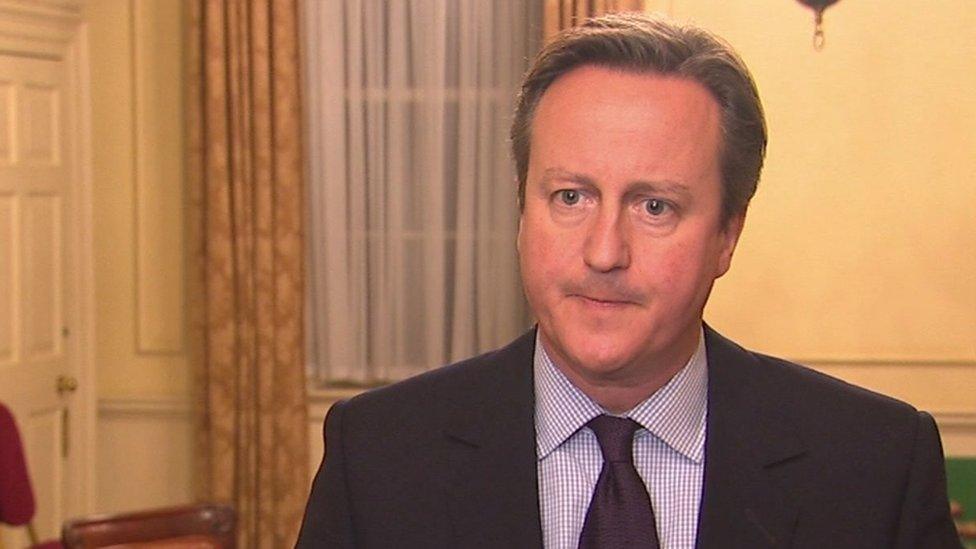
- Published30 November 2015
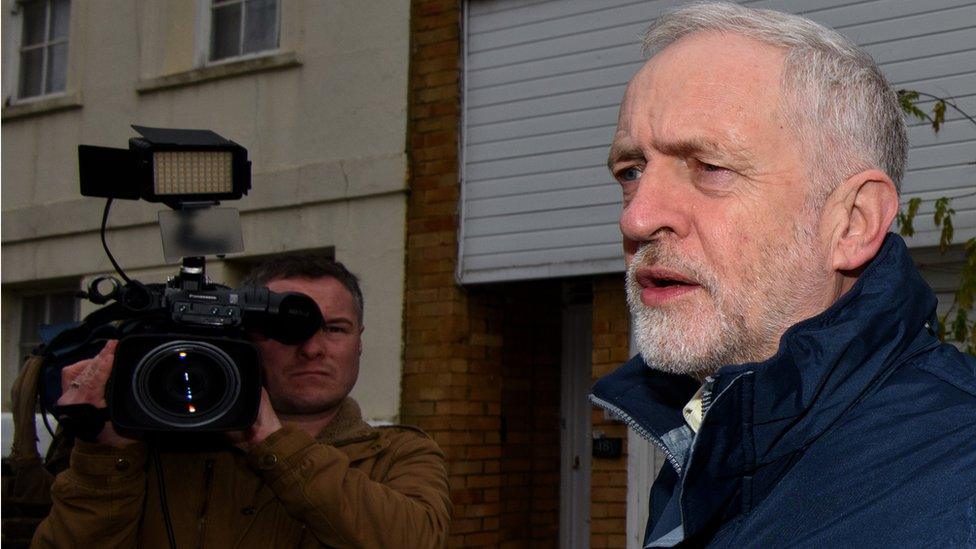
- Published1 December 2015
